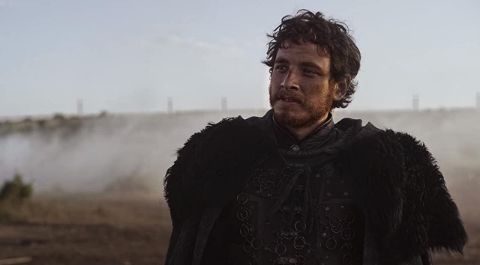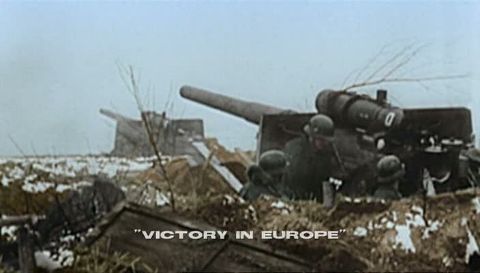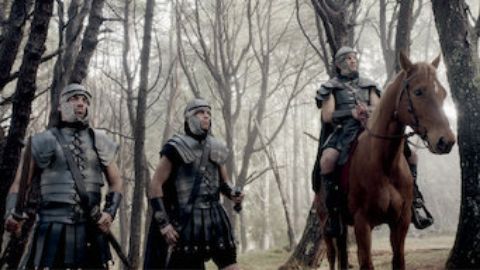Capital of a New Empire • 2013 • episode "Part 3" • Byzantium: A Tale of Three Cities
Simon discovers surprises in Istanbul as it rose to become the imperial capital and Islam's most powerful city. Visiting the great mosques and palaces built by the Ottoman emperors, he tells the stories behind them - of royal concubines, murderous bodyguards and sultans both the powerful and the depraved. He shows how the Christians, Muslims and Jews of the city once co-existed before the waves of nationalist rebellions brought the Ottoman empire to its knees. In the 20th century the ancient capital was once more transformed by the new secular vision of Ataturk.
Make a donation
Buy a brother a hot coffee? Or a cold beer?
Hope you're finding these documentaries fascinating and eye-opening. It's just me, working hard behind the scenes to bring you this enriching content.
Running and maintaining a website like this takes time and resources. That's why I'm reaching out to you. If you appreciate what I do and would like to support my efforts, would you consider "buying me a coffee"?
Donation addresses
BTC: bc1q8ldskxh4x9qnddhcrgcun8rtvddeldm2a07r2v
ETH: 0x5CCAAA1afc5c5D814129d99277dDb5A979672116
With your donation through , you can show your appreciation and help me keep this project going. Every contribution, no matter how small, makes a significant impact. It goes directly towards covering server costs.








